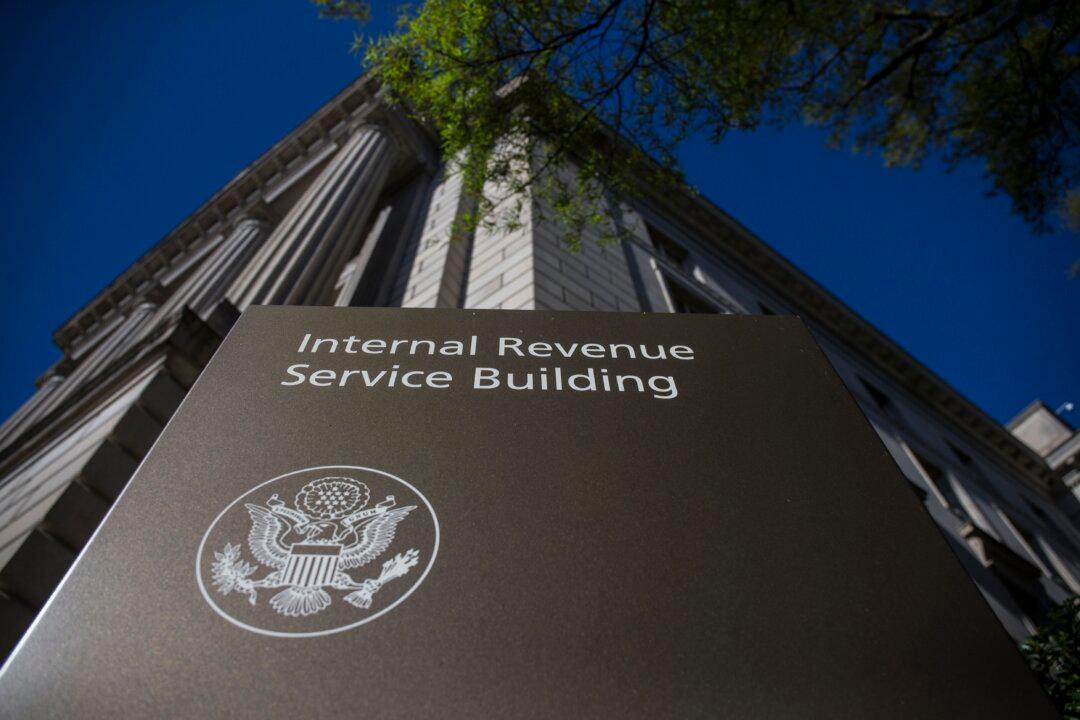The IRS says it plans to continue its pursuit of “high-income individuals evading taxes,” as agency officials announced that they’ve recovered $38 million from delinquency cases against wealthy taxpayers in the past few months because of a boost in funding.
“The IRS is working to ensure [that] high-income filers pay the taxes they owe,” the IRS said in a July 14 statement. “Prior to the Inflation Reduction Act (IRA), more than a decade of budget cuts prevented IRS from keeping pace with the increasingly complicated set of tools that the wealthiest taxpayers use to hide their income and evade paying their share.





